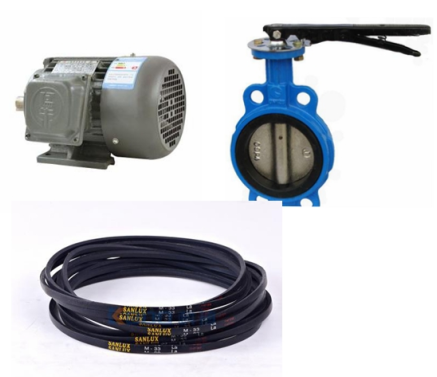Advantages of Using Plastic Chicken Cages for Poultry Farming Efficiency and Welfare
Oct . 12, 2024 00:59 Back to list
Advantages of Using Plastic Chicken Cages for Poultry Farming Efficiency and Welfare
The Rise of Plastic Chicken Cages A Modern Solution for Poultry Farming
In the modern agricultural landscape, the quest for efficiency and sustainability has led to the rise of innovative solutions across various sectors. One notable development is the increasing adoption of plastic chicken cages in poultry farming. These cages are transforming the way farmers raise chickens, offering numerous benefits over traditional metal or wooden alternatives. As the demand for poultry products continues to skyrocket, understanding the advantages of plastic chicken cages becomes essential for farmers striving to optimize their operations.
Durability and Longevity
One of the primary advantages of plastic chicken cages is their durability. Made from high-quality, UV-resistant materials, these cages are designed to withstand harsh environmental conditions. Unlike wooden cages, which can warp, rot, or be susceptible to pests, plastic cages maintain their shape and functionality even after prolonged exposure to moisture and the elements. This durability not only reduces the frequency of replacement but also translates to lower maintenance costs for farmers. Over time, the investment in plastic cages can lead to significant savings while ensuring a consistent and reliable housing solution for their birds.
Hygiene and Biosecurity
In poultry farming, maintaining high standards of hygiene is paramount to prevent disease outbreaks, which can have devastating effects on bird health and farm profitability. Plastic chicken cages offer a significant advantage in this regard. Their smooth, non-porous surfaces are easy to clean and disinfect, reducing the risk of pathogens lingering in the environment. Unlike wooden cages, which can absorb waste and moisture, plastic cages do not harbor bacteria and are less likely to contribute to the spread of diseases. Enhanced biosecurity measures ultimately result in healthier flocks and improved productivity, making plastic cages a smart choice for bio-conscious farmers.
Lightweight and Easy to Handle
plastic chicken cages

Another beneficial characteristic of plastic chicken cages is their lightweight nature. Unlike traditional metal cages, which can be cumbersome and challenging to maneuver, plastic cages are much easier to handle, transport, and set up. This flexibility becomes crucial during periods of flock rotation or when adjusting the layout of a poultry house. Farmers can quickly rearrange cage configurations or transport them between locations without the need for heavy machinery, leading to increased efficiency on the farm.
Energy Efficiency
The design of plastic chicken cages also contributes to their energy efficiency. With better insulation properties than metal cages, plastic helps maintain a more stable temperature inside the cages, which can be particularly beneficial during extreme weather conditions. This thermal efficiency reduces the need for additional heating or cooling systems, ultimately lowering energy consumption and costs. By choosing plastic over metal, farmers can support eco-friendly practices while also enjoying the benefits of reduced operational expenses.
Economic Advantages
While the initial investment in plastic chicken cages might be higher than that of conventional cages, the long-term economic advantages are compelling. The combination of low maintenance, reduced energy costs, and improved flock health can lead to enhanced productivity and profitability over time. Moreover, as consumer awareness of animal welfare practices continues to grow, farmers using plastic cages may find an advantage in marketing their products as being raised in better, more hygienic environments.
Conclusion
The shift towards plastic chicken cages represents a pivotal moment in poultry farming. With their durability, ease of maintenance, hygiene benefits, and cost-effectiveness, these modern cages are redefining industry standards. As farmers increasingly recognize the advantages they offer, plastic chicken cages are likely to become the norm rather than the exception. In a world where sustainability and efficiency are paramount, embracing such innovations is not just a trend; it’s a necessity for thriving in the future of agriculture. Whether for smallholdings or large commercial operations, investing in plastic chicken cages can create a more productive, sustainable, and economically viable poultry farming environment.
-
Hot Sale 24 & 18 Door Rabbit Cages - Premium Breeding Solutions
NewsJul.25,2025
-
Automatic Feeding Line System Pan Feeder Nipple Drinker - Anping County Yize Metal Products Co., Ltd.
NewsJul.21,2025
-
Automatic Feeding Line System Pan Feeder Nipple Drinker - Anping County Yize Metal Products Co., Ltd.
NewsJul.21,2025
-
Automatic Feeding Line System - Anping Yize | Precision & Nipple
NewsJul.21,2025
-
Automatic Feeding Line System - Anping Yize | Precision & Nipple
NewsJul.21,2025
-
Automatic Feeding Line System-Anping County Yize Metal Products Co., Ltd.|Efficient Feed Distribution&Customized Animal Farming Solutions
NewsJul.21,2025






